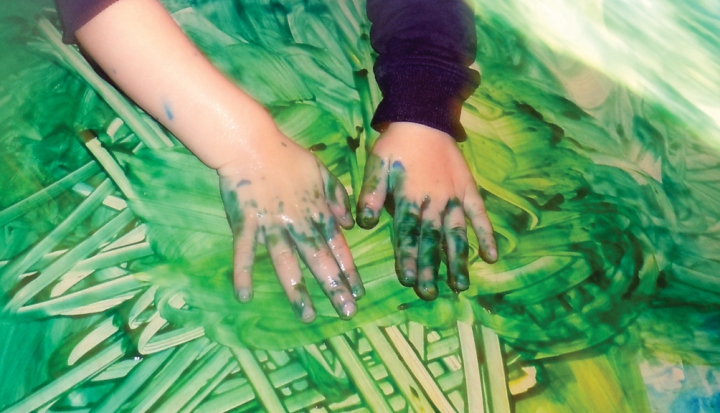According to research from Pew Charitable Trusts, high-quality prekindergarten education increases a child’s chances of succeeding in school—and even as an adult. Studies have shown that children who attend high-quality preschool are less likely to be held back a grade or need special education and they are more likely to graduate from high school. As adults, they often have higher earnings and are less likely to be dependent on welfare or involved in criminal behavior.
While high-quality preschool programs are beneficial for all students, they are especially important for those from lower-income families, who may have less at-home educational opportunities than their peers.
According to Betty Hart and Todd Risley’s 1995 book Meaningful Differences in the Everyday Experiences of Young Children (Brookes), children from the most disadvantaged families have heard 30 million fewer words than children of professional parents by the time they are 3 years old. And as a 2002 report from the Economic Policy Institute found, children from families with low socioeconomic status are less likely to be read to by their parents or caregivers, be taken to zoos or museums, or be exposed to other learning opportunities.
“If resources are scarce, some of these kids sit in front of the TV all day and they don’t even have the socialization that’s necessary for entering school successfully,” says Presentation Sister Dale McDonald, director of public policy and educational research for the National Catholic Educational Association (NCEA) in Arlington, Virginia.
Before placing their children in a preschool program, parents should take time to determine the quality of their local schools. On their website, the National Association for the Education of Young Children (NAEYC) suggests guidelines for parents looking for a quality preschool. Among other things, they suggest looking at the ways individual programs promote learning through play and experimentation, social development, large and small motor development, and language skills.
When choosing a program, parents should always expect to go to the schools and meet the teachers, says De la Salle Christian Brother Robert Bimonte, NCEA president. “We encourage parents to visit schools no matter what grade level we’re talking about,” he says. “They need to have a firsthand experience to see what’s going on. They need to know what other parents think. If parents who currently have children in the schools are happy, that’s the message parents want to hear.”
Diane Starkovich, superintendent of schools for the Archdiocese of Atlanta, advises parents to carefully consider their child’s personality and individual needs. Even within Catholic preschool programs, there is a great deal of variety, from traditional school programs to Montessori programs to different philosophies of early education. She suggests parents find out what their children’s schedule will be, what materials and activities they will have access to, what curriculum will be used, and what the security is like.
“You know your children and you know what they need,” says Starkovich. “After visiting the school and asking questions, do your best to make sure you can trust the people that will be with your children.”
This is a web-only sidebar which accompanies “Early warning,” that appeared in the May 2015 issue of U.S. Catholic (Vol. 80, No. 5, pages 28-32).
Image: Sarah Butler















Add comment